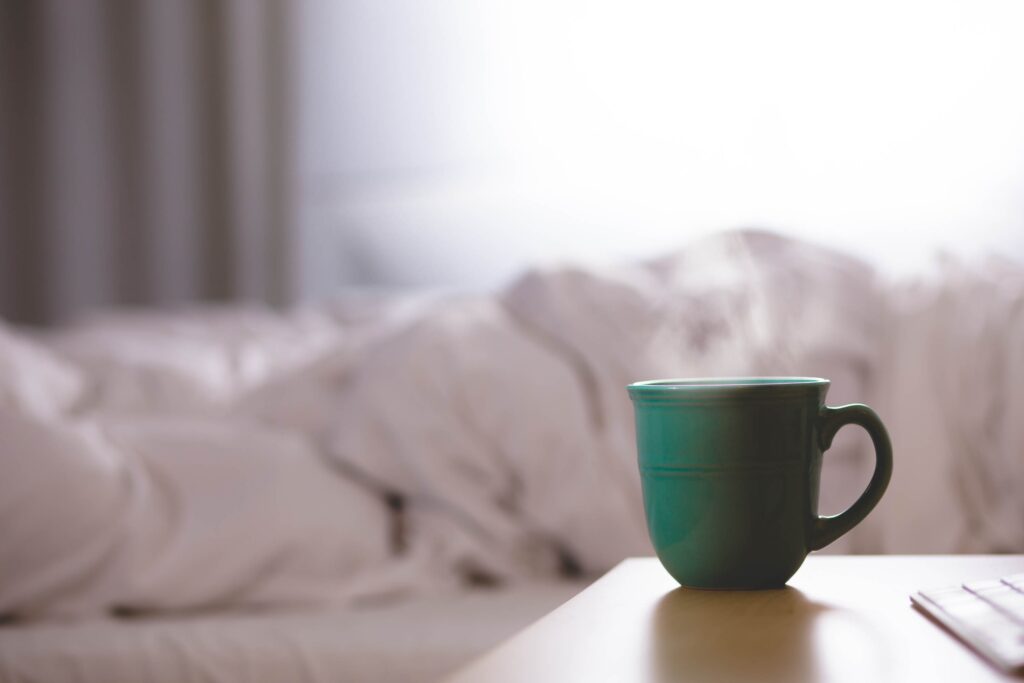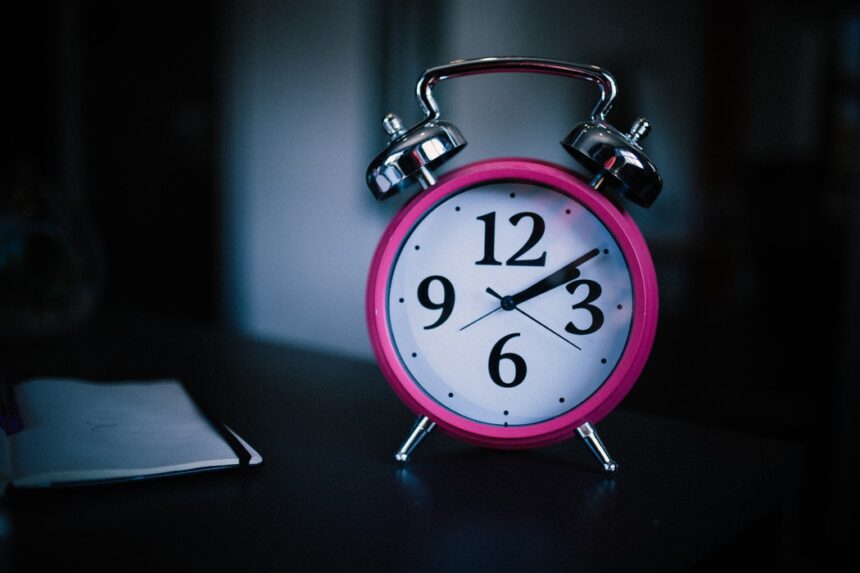If the average American lives to the ripe old age of 79 and spends 8 hours asleep every night, that amounts to more than 9,600 days spent sleeping, or more than 27 years. Almost one-third of your entire life is spent sleeping. That is a long time to spend between the sheets, right? Yes, quality sleep is fundamental, but one can not help but wonder how many hours do we truly need and what does the latest science say about the topic?
Why Is Sleep So Critical for Mental and Physical and Health?
Research shows that sleep is vital to maintaining the health of every organ in the body. Sleep restores cognitive efficiency, stimulates metabolism and it is critical to sustaining a balanced body and mind. So, why do we place such little value on it? In today’s fast-paced world of mobile technology and communications, we work more hours than ever before in human civilization. Our devices keep us connected, even while we sleep. The most valuable commodity we have in our lives is time, so spending a third of your life unconscious sometimes seems like a real time-waster. How much sleep do we really need? Is it possible to train our body and mind to need less sleep? Many people like to brag about their ability to function on minimal sleep. However, recent scientific studies prove that sleeping less than 6 hours a night could be severely detrimental to your health. While we sleep, our brain releases hormones and biological chemicals that help the body manage hunger levels, maintain the immune system, boost memory, and improve cardiovascular health. Disrupting this pattern results in the development of physical and mental disease and dysfunction.
The Answer: 7 to 8 Hours of Sleep Every Night 
Studies on sleep in the United Kingdom collected and analyzed data from 16 different sleep studies over a period of 25 years. The study included more than 1.3 million subjects with the results published in the Journal of Sleep. The results show that the optimal amount of sleep for a healthy adult is between 7 to 8 hours a night. Under or oversleeping both have an adverse effect on health. People who slept less than 6 hours a night were more likely to experience premature death related to a cardiovascular or mental disease. It’s also important to note that those that averaged 9 to 10 hours a night had more than double the risk of early death. Further research shows that subjects who slept for 7 to 8 hours per night had less than 1.7 times the chance of death.
The Science of Sleep Deprivation
Depriving yourself of sleep has consequences for both your physical and mental health. A 2-week study on sleep deprivation conducted by the University of Pennsylvania in 2003 uncovered interesting results. The study allowed the subjects to receive 8 hours of sleep for the first 2 days. Researchers were studying primary cognitive and biological responses after the 2-day period. The criteria for the study included response time, interpretation of written commands, and how many times a subject dozed off during the day. The study consisted of 2 groups, one group receiving 4 hours of sleep per night and the other group received 6 hours of sleep per session. After 10-days the group sleeping 6-hours per night experienced the same level of cognitive impairment as a person who had not slept for a full night. The group receiving 4-hours of sleep reached this level of cognitive impairment in just 4-days from the start of the study. By the tenth day of the study, the 4-hour group was so severely cognitively impaired that they exhibited behavior similar to not sleeping at all for 2 straight days. By the end of the study, the results showed a further decline in brain and organ activity, suggesting that the subjects were further degrading their health, rather than adjusting to the limited sleep. The study also suggests that removing just 1-hour of sleep from your regular sleep schedule will result in cognitive impairment. If you feel you’re not getting enough sleep, check out science-based sleep deprivation solutions to help you manage your sleep state.
You Can’t “Catch Up Sleep” or Store Its Effect
There’s a popular notion that you can “catch up” on sleep that you’ve missed. Studies show that this is a pure fallacy. You can’t catch up on or store sleep in the “sleep bank,” if you miss out on your regular night’s rest, you’ll have to wait until your body and mind recover. If you miss a meal and go hungry for the day, your body will use stored fat deposits for metabolic fuel. This evolutionary response occurs because our ancestors frequently went without food for days in a row. However, the brain does not have this same evolutionary capacity, and there are no means to access stored sleep, or catch up sleep that you’ve missed.
Wrapping Up
 Do you remember the last time you turned your clocks back for daylight savings time? How did you feel the following day? The chances are that your mind was a bit slower and your physical body felt tired. That’s the result of just 1-hour less sleep in a night. If you feel like sleeping is a waste of time and you function fine on only 6 hours a night, maybe you could be achieving more if you got the recommended 8-hours?
Do you remember the last time you turned your clocks back for daylight savings time? How did you feel the following day? The chances are that your mind was a bit slower and your physical body felt tired. That’s the result of just 1-hour less sleep in a night. If you feel like sleeping is a waste of time and you function fine on only 6 hours a night, maybe you could be achieving more if you got the recommended 8-hours?









